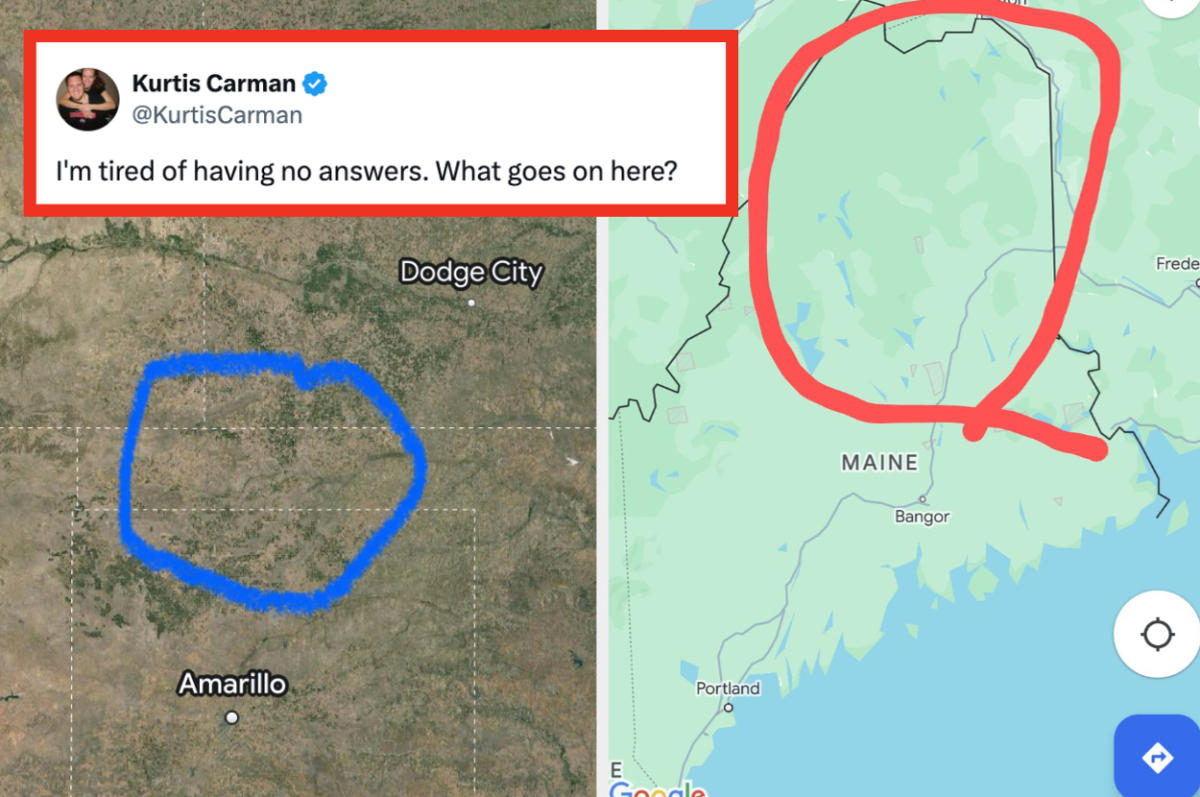SOUTH LAKE TAHOE, Calif. — A ballot initiative to tax empty homes has divided the mountain resort town of South Lake Tahoe in recent weeks as both “for” and “against” campaigns shift into gear.
The measure would create a tax of up to $6,000 on homes left vacant for more than six months a year, which supporters argue is necessary to shore up the rapidly dwindling rental housing stock for local workers in tourism-related jobs.
The Tahoe Chamber of Commerce and real estate agents, meanwhile, have locked arms to push back against the initiative, calling it a form of taxation without representation for homeowners who live elsewhere. Steve Teshara, co-chair of the group Stop the Tahoe Vacancy Tax, said: “There’s nothing in the measure itself that earmarks one penny to affordable housing.”
The row within the lakeside destination near the Nevada border reflects the larger debate across California around how to offer affordable housing, and whose needs to prioritize within popular vacation destinations: locals or second homeowners.
Amelia Richmond, one of the leaders of the South Lake Tahoe Vacancy Tax group that qualified the initiative, said her experience living on the north side of the lake illustrated just how bad the problem can become if it goes unaddressed.
As more second homes were left unoccupied, Richmond said many of her friends couldn’t find units to rent. Richmond fears locals will increasingly be forced to commute long distances to their jobs, adding to traffic and congestion. Schools in the area are already seeing declining enrollment. As Richmond put it, “you can’t have a community with half of homes sitting empty.”
The opposition group, Stop the Tahoe Vacancy Tax, had not responded to requests for comment by publication time.
The fee structure, which imposes a $3,000 tax for the first year a home sits vacant and rises to $6,000 for the second year, was modeled after Berkeley’s, one of a handful of cities in California that have vacancy taxes on the books. Enforcement will require a one-page declaration of occupancy and spot auditing of utility bills.
Although urban areas like San Francisco and Oakland have passed vacancy taxes in some form, that political will has not yet manifested in vacation destinations like South Lake Tahoe. Residents of Del Mar, a beachside town near San Diego originally founded as a resort community, are pursuing a similar ballot measure this year that would tax “transient occupancy.”
In South Lake Tahoe, that debate has become increasingly tense in recent weeks. Last Thursday, the tax measure’s supporters were set to host a launch party at a local American Legion. But the legion said it began receiving angry calls from residents and at least one legion member, who said hosting the event would be viewed as an endorsement.
Ultimately, the legion pulled the plug. “Given the high volatility of this, we decided it would be in our best interest not to host it,” said legion head Tom Millham.
The Stop the Tahoe Occupancy Group held a competing campaign launch event at the South Tahoe Associations of Realtors office just down the road.
Still, Richmond insisted that calls were made by a “small, vocal minority” and that the public was behind their effort. She noted the vacancy tax group had gathered double the amount of signatures necessary to qualify for the ballot in half the time allotted.
“Despite what you might hear from the small elite group in city council chambers, there is a lot of public support for this,” Richmond said. “We want to be the domino that falls and makes this possible for other small communities.”
Like this content? Consider signing up for POLITICO’s California Playbook PM newsletter.
Signup bonus from





